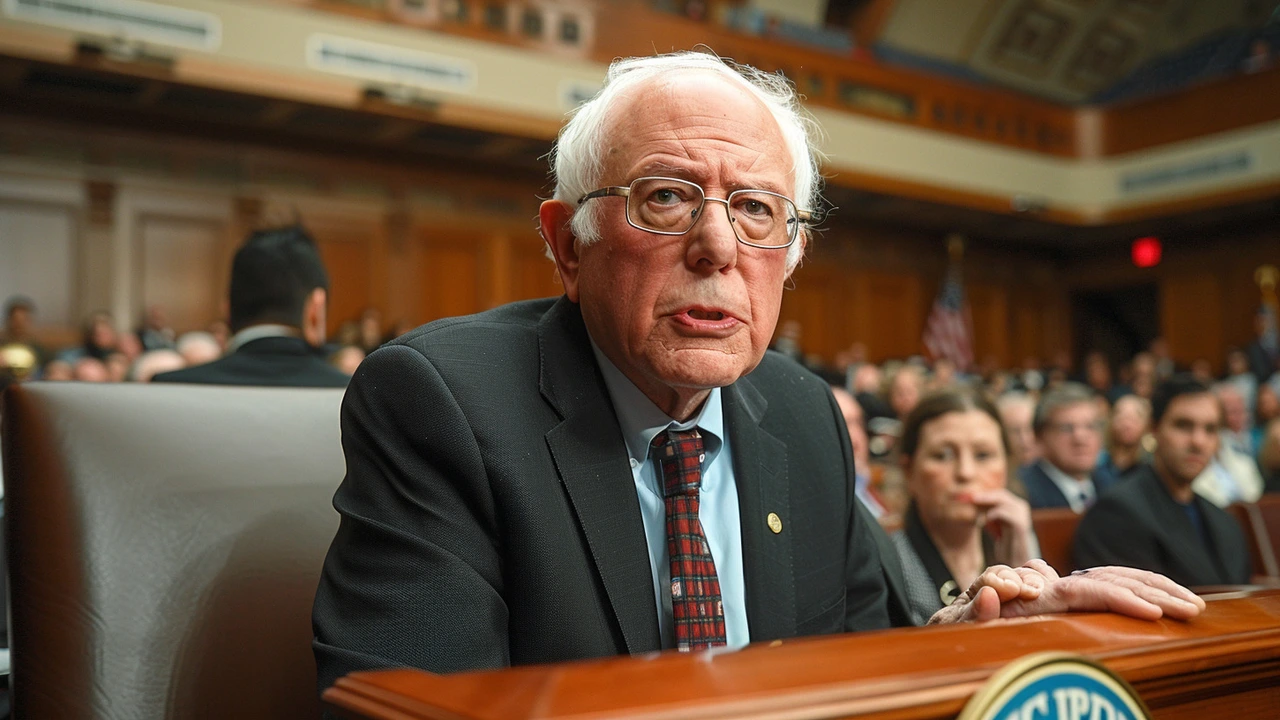In a landmark decision that marks a significant turning point in the pharmaceutical industry's approach to drug pricing, AstraZeneca has announced that starting June 1, 2024, it will cap out-of-pocket expenses for all its inhaler products at $35 per month. This initiative is poised to significantly alleviate the financial burden on patients requiring asthma and COPD treatments, potentially improving accessibility and adherence to these essential medications.
Drug pricing, particularly in the United States, has been a contentious issue, with American consumers often bearing the brunt of exorbitant costs compared to their international counterparts. AstraZeneca's move comes in the wake of similar actions by industry competitor Boehringer Ingelheim and positions AstraZeneca as a proactive player in addressing the growing calls for pharmaceutical price reforms. Such reforms are not only demanded by the public but have increasingly become a focal point of legislative scrutiny.
The affected products by this pricing strategy include AstraZeneca's entire range of inhaler treatments for asthma and COPD, such as Symbicort, Breztri Aerosphere, and Airsupra. This cap is specifically designed to benefit those who are uninsured or underinsured, ensuring that more patients can afford the treatments they desperately need without financial hardship.
Scrutiny regarding the high prices of inhalers has been escalating among Democratic lawmakers, fueled by allegations of anti-competitive practices that have hindered the entry of lower-cost generics into the market. The Federal Trade Commission has actively pursued pharmaceutical companies over these concerns, targeting, among other things, improper patent listings that protect blockbuster drugs from competition. Notably, AstraZeneca faced action for listing five patents related to the Symbicort inhaler in the FDA’s database, a move that has been criticized for delaying generic competition.
In response to these challenges, AstraZeneca earlier this year undertook a reduction in the list price of Symbicort, signaling a commitment to improving drug affordability. This was a strategic move, given the mounting pressure from lawmakers and regulatory bodies to make essential medications more accessible to the American public. The disparity in drug prices between the US and other countries, such as the Breztri Aerosphere inhaler retailing for $645 in the US versus $49 in the UK, has been a particularly sore point in these discussions.
Senator Bernie Sanders (I-VT) has spearheaded an investigation into the pricing practices of the top four inhaler manufacturers, including AstraZeneca. He has been vocal in urging competitors such as GlaxoSmithKline and Teva to implement price caps similar to AstraZeneca's and Boehringer Ingelheim's, in a bid to make these critical treatments more affordable for patients. Senator Sanders' initiative underscores a broader legislative effort to hold pharmaceutical companies accountable and ensure that healthcare remains a right, not a privilege.
This series of developments signifies a turning point in the healthcare and pharmaceutical industries, where major drugmakers are increasingly coming under the spotlight for their pricing policies. AstraZeneca's decision to cap inhaler prices is a bold move that not only addresses the immediate concerns of affordability and accessibility but also sets a precedent for other companies in the sector. It is a clear recognition of the need for pharmaceutical leaders to play an active role in ensuring that healthcare solutions are accessible to all, irrespective of their financial situation.
As the healthcare landscape continues to evolve, the actions of companies like AstraZeneca will undoubtedly influence the broader debate on drug pricing reforms. The commitment to capping inhaler prices at $35 per month is a positive step forward, but it is also a reminder of the ongoing challenges in making healthcare affordable and accessible. It raises important questions about the sustainability of drug pricing models and the role of pharmaceutical companies in supporting public health. Looking ahead, the industry must navigate these challenges with innovation, integrity, and a steadfast commitment to the patients it serves.


Bailey Granstrom
AstraZeneca finally woke up-capping inhalers at $35 feels like a cheap trick, but at least the wallets sigh in relief.